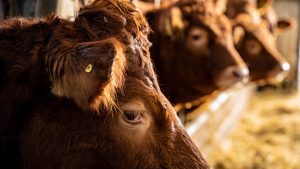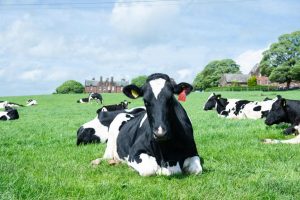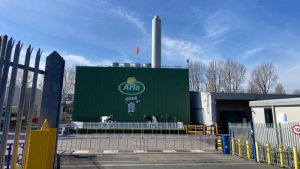
In a survey conducted by Arla Foods, the UK’s largest dairy co-operative, eight in 10 farm owners who are looking for workers said they had received very few or zero applications from people with the right experience or qualifications.
Farmers blamed Brexit and Covid for their recruitment problems, saying that the end of free movement for EU workers and the aftermath of the pandemic has made it harder to find suitable staff.
Food producers have warned for a long time that huge labour shortages in agriculture have resulted in unharvested crops being left to rot in fields, and the killing of healthy pigs on farms because of a lack of workers at meat processing plants, leading to disruption of the food supply chain.
In April, MPs on the Parliament’s environment, food and rural affairs committee reported that the sector had half a million vacancies last August, representing an eighth of all roles.
A survey of about a quarter of the co-operative s members showed that almost two-thirds of 61% of dairy farmers said it was more difficult to recruit workers than in 2019. In total, Arla‘s 2,100 farmer owners represent about 30% of all dairy farmers.
The labour shortage has hit the UK’s milk production and milk volumes are currently about 3% lower than last year, according to the survey.
A small but significant number of farmers said they had responded to staff shortages by reducing output by cutting back on the number of milkings by 4.3% and reducing the size of their herd by 6%, and greater numbers of farmers are considering taking these steps.
Nearly 12% of dairy farmers are considering leaving farming altogether in the next year if nothing changes.
The industry is calling for government to add specialist roles such as herd manager to the UK’s shortage occupation list, which is an official record of skilled occupations where there are not enough UK residents to fill vacancies in order to increase the size of the pool of workers.
Ash Amirahmadi said the labour shortage and the implications this could have on food security is vitally important to Arla‘s UK managing director.
If we don’t act now, the current shortage of people will only get worse, harming our food security and worsening our food security, and fuelling higher prices for consumers. Amirahmadi wants government and industry to work together to change attitudes and increase the appeal of farming among a new group of people.
He wrote a letter to the Department for the Environment, Food and Rural Affairs calling for an acceleration in the labour market review that was promised in the food strategy white paper.

























